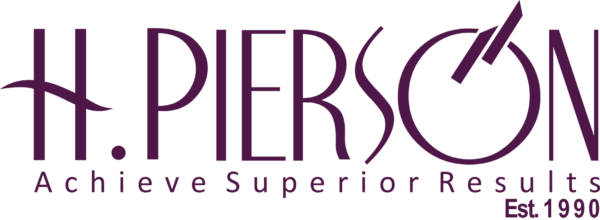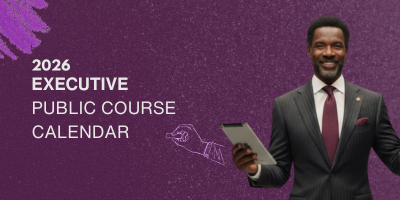In times of uncertain economics, organisations are forced into making or considering changes. Some opt for simple radical surgery and cut out unnecessary or redundant resources. Others try a more complex solution and restructure their operations. Both approaches are fraught with difficulty – and as we know from history, the majority of organisation changes fail to reach their objectives. Professor John Kotter at Harvard Business school identifies eight key causes, most of which pointed to a dis-connect between the leaders and employees in an organisation – the leaders had good ideas but failed to get them across effectively.
This research, along with other studies, confirms that organisations are not like machines, which can be
‘re-engineered’, but are complex social processes. Some of which are determined by structures and formal systems of the organisation, but most of which are ‘informal.
So with either approach, there are likely to be difficulties. Radical surgery leaves people feeling ‘survivor sickness’ and exhibiting lower productivity. People are displaced and disgruntled, worrying about their own future rather than focusing on the development of the new organisation. In more complex changes, people take time – often too long – to come to terms with the new realities and relationships and the main opportunity is lost.
We know from other studies that people are affected personally by change in different ways. To be successful, a change programme needs to take account of these effects and work to minimise the negative impact.
The key to success therefore lies in engaging with the informal processes, the interactions between everyone in the organisation which constitute the way the organisation actually works.
The questions
Strategies that will yield success are those that motivate and stimulate employees. We also know that the knowledge of what to do is not confined to the executive suite. More often than not, the solutions are already known, but lack the commitment to be implemented (as the GE WorkOut™ process has proven over many years). How can you involve employees in the creation of these change strategies?
Involvement of all stakeholders interests in the organisation, not just the financial shareholders’, is critical in creating a viable strategy. Pursuing an inclusive agenda that focuses on the needs of its customers, employees, suppliers and the wider community is one that has the greater chance of success. How do you create real dialogue with the stakeholders and reconcile differences that will generate that inclusive, successful strategy?
In times of difficulty we often forget that a lot of what we do actually does work. There is a danger of throwing the good out with the bad, especially when involved in surgical change. Again, research identifies that working with strengths and enhancing what works has greater success than trying to fix weaknesses and what doesn’t work. How can you identify the root of success rather than the root causes of failure?
There is always the difficult problem of engaging people and getting them committed to the future. How do you translate negative fear and apprehension into positive energy working to succeed through the troubled times?
And there is the problem of time and money – or lack of it! Many re-organisation and change processes are known to take months, if not years of concentrated effort, and a lot of resources. So, how do you manage to engage people, develop strategies and get commitment to implementation in a fast and cost effective manner?
The answers
The answers to these questions lie in engaging in whole system participation events.
The events – Appreciative Inquiry Summits, Future Search Conferences, Real Time Strategic Change, Open Space Conferences, World Café, etc – utilise systems thinking and allow everyone associated with the problem or organisation to be involved, employees and stakeholders alike. Simultaneous involvement of hundreds of people allows for exchange of ideas, gathering of strategic information, decision making and planning in a single event – or linked series – of events typically lasting 2-3 days.
By focusing on positive outcomes and best practice, participants in these events experience enjoyable ways of working that release creativity and breakthrough results. They replace the passive ‘tell and sell’ model with high levels of participation and co-creating, so generating commitment – there is no need to get ‘buy in’, the participants are the joint architects of the strategy, so they are highly committed and motivated to it. Implementation starts immediately.
For example, in one company, Appreciative Inquiry was used to conduct analysis of the total system which was completed in less than two weeks by the employees themselves. In another, a summit meeting brought together all 750 employees, the company’s leadership, and 100 customers to create a new business model – a year on, profits were up over 200 percent and absenteeism down 300 percent. In another application, IKEA simultaneously doubled sales, improved quality and cut the price 30% without cutting profit of it Ektorp range whilst making sofa shopping easier for customers, and cutting delivery times – all in a concentrated three day event involving 52 stakeholders including suppliers, executives and workers from Sweden, Canada, the U.S. and other countries, and several customers.
Fast – and cost effective – solutions. These events utilise internal experience and expertise with consultants providing the expert design and facilitation of the events themselves. Thus the consultancy cost is vastly less than traditional change consultancy where the consultants become integrated in the organisation to advise expert solutions. And the outcomes are achieved more quickly – and are more acceptable to the workforce.
Culled from hr.com



